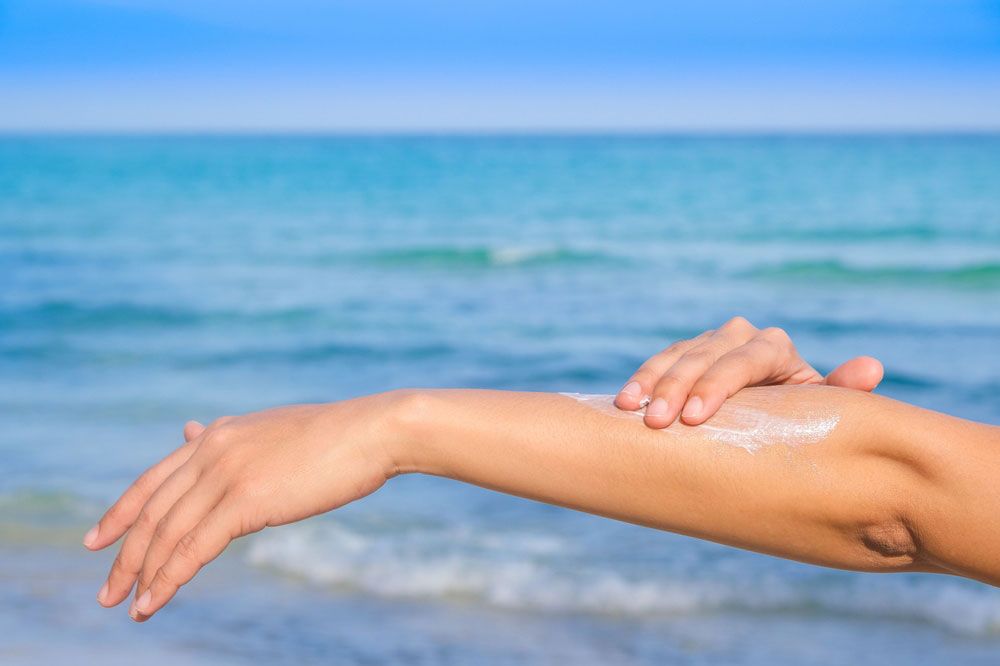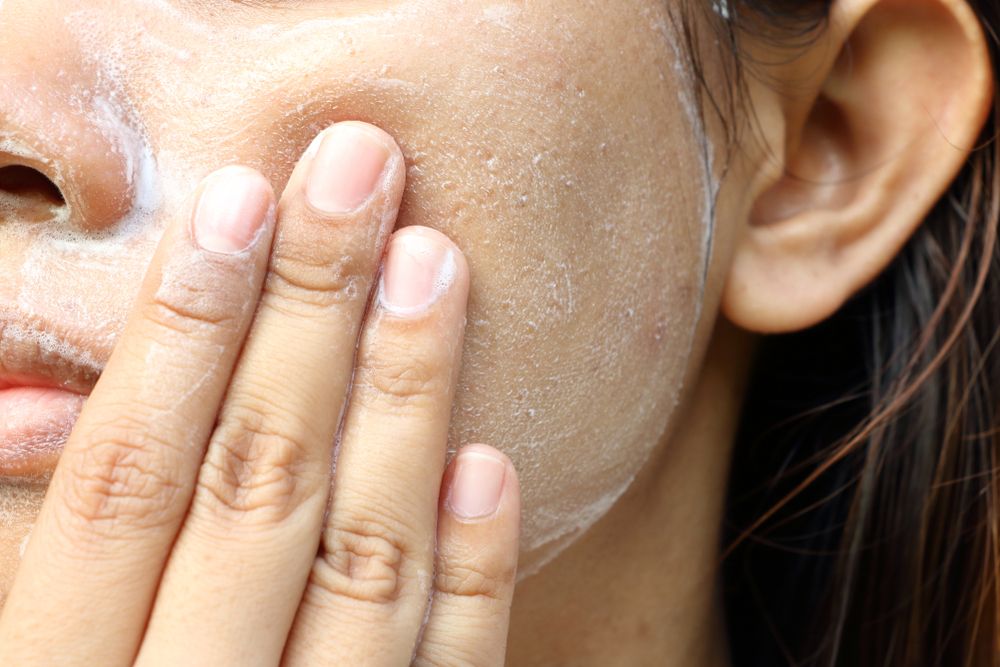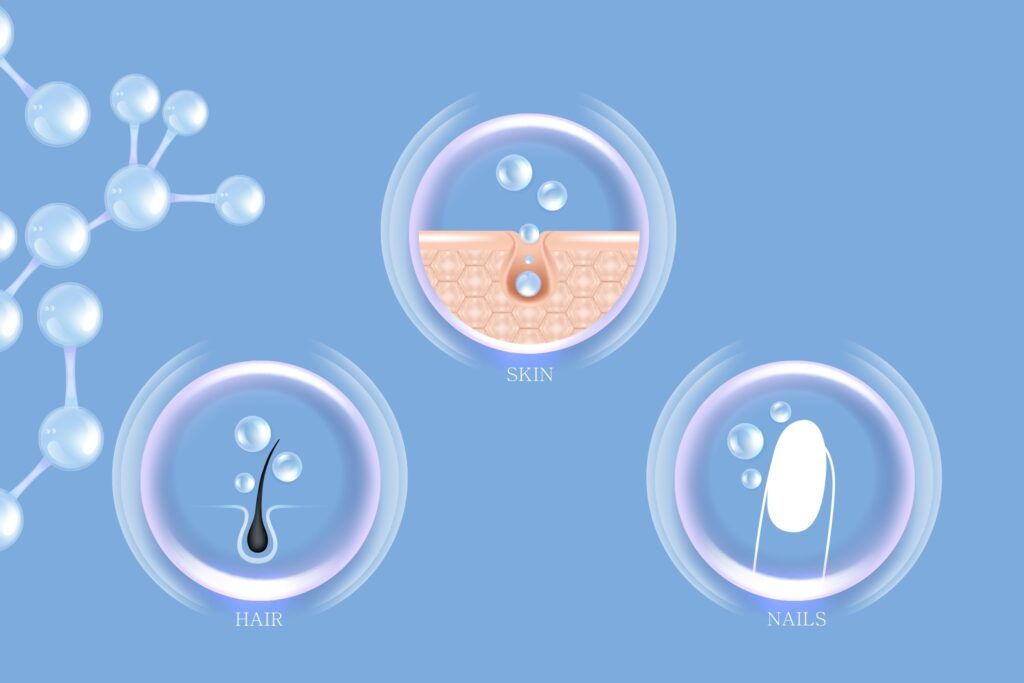Source: GARDEN CITY, NEW YORK, UNITED STATES, July 26, 2023/EINPresswire.com/
Long Island Dermatologist Offers Best Practices and Skin Care Tips to Prevent and Treat Acne
Acne is a skin condition that affects individuals of all backgrounds, ages and genders. In the United States, acne is the most common skin condition, affecting more than 50 million people every year. Although everyone is prone to acne, teenagers and young adults are most affected when going through puberty. Acne can also lead to anxiety, poor self-image and low self-esteem. With this, it can also be painful, itchy and cause irritation. However, with a proper skin care routine and regiment, individuals with mild acne can see it go away and those with more severe cases can keep it under control.

Board-Certified Dermatologist Dr. Navin Arora of Borealis Dermatology of Syosset and Garden City, NY is sharing his knowledge and recommendations for preventing acne in adults and children. A doctor with 15 years of experience, including 12 years as a U.S. Army physician, Dr. Arora has extensive experience helping patients cope with the effects of and treat acne and other skin conditions. The following are some of his routine skin care recommendations to reduce and prevent acne:
Use Proper Skin Care Products and Face Wash:
It is recommended that individuals wash their faces twice a day, typically in the morning and at night before bed. Washing the face properly removes dead skin, oil and other bacteria that may be lodged in the pores. Be sure to wash the face with lukewarm water and avoid using any body wash or deodorant soaps which can cause irritation and inflammation to the skin.
Instead, there are several over-the-counter acne products that are effective in keeping the skin clean and acne free. These products are used to treat mild cases of acne and do not require a prescription. When choosing acne medication, read the labels and look for products that include benzoyl peroxide, salicylic acid, glycolic acid, lactic acid and retinoid gel (Differin 0.1% gel). These products eliminate bacteria and dry the skin and prevent acne from forming. When applying the treatment, start by only using a small drop, the size of a dime or penny, and gently scrub on the face.
Most people do not need a complex 10-step skin care routine. The more products used on the skin, the more harmful it may be. For more severe cases of acne, please see a dermatologist who will provide prescription medicine.
When washing the face, be sure to refrain from scrubbing with the use of a towel, washcloth, loofah, exfoliating cloth or other coarse texture as this is rough on the skin and will cause further irritation and redness. Instead, use a smooth cloth to gently wash the face and dry with a clean towel. Be sure to launder towels and washcloths periodically as bacteria buildup on the surfaces will be reapplied to the clean skin.
Since many acne products contain ingredients that cause dry skin, it is important to follow up a skin care routine with moisturizer. Applying moisturizer should be completed after the face is washed. Use a noncomedogenic moisturizer, meaning it does not clog the pores, which leads to acne build up. There are moistures for all skin types, including oily, dry and combination skin.
Limit Sun Exposure:
Although heat kills bacteria, extensive sun and UV exposure can cause sunburn, redness and inflammatory hyperpigmentation (discoloration). Be sure to limit time in the sun, especially when UV exposure is at its peak between 10 a.m. and 4 p.m. Approximately 20 minutes before going into the sun, individuals should apply a noncomedogenic broad-spectrum sunscreen with 6 percent zinc oxide and SPF of 30 or higher. For added protection, wear protective clothing such as a hat or sun visor to prevent sun exposure on the face.
Clean All Equipment (For Athletes):
Active individuals who play sports are often prone to acne through the use of dirty equipment and sweat and oil buildup on the skin. When dirty, bacteria on equipment are transferred onto the face, causing acne, irritation and other skin conditions. Dirt and sweat can also clog the skin’s pores resulting in the same effects. It is important to always clean equipment such as helmets, face shields, headgear, gloves and any other athletic equipment to prevent bacteria buildup. Always be sure to wash and clean the face after working out, sweating or athletic performances.
Limit Use of Makeup:
When a breakout occurs, be sure to reduce the amount of foundation and makeup used on the skin as this will further clog the pores, leading to more acne. For individuals that use makeup, it is necessary to wash off all makeup at the end of the day. To prevent clogging the pores, use oil free cosmetics as they are noncomedogenic.
Do Not Touch The Face:
Touching the face or resting one’s cheek or chin on the hands can cause acne as bacteria from the hands are transferred onto the face. For this reason, it is important for everyone to always wash their hands periodically throughout the day. Individuals should also refrain from picking at blemishes on the face as this will cause further irritation and inflame the skin.
Keep Hair Clean and Maintained:
Hair that is unkept and dirty can cause harmful effects to the skin. Oil, dirt and bacteria from the hair can be transferred to the face and cause acne and irritation. Be sure to wash the hair with gentle shampoo and conditioner and keep long hair pulled back away from the face.
Despite acne being the most common skin condition, there are many effective treatment options. Dermatologists are available to assist individuals in developing a healthy skin care routine to treat and prevent acne. Parents are encouraged to bring their children in for periodic checkups with their dermatologists, especially when breakouts become severe.
To schedule an appointment with Dr. Arora and the dermatological professionals at Borealis Dermatology, please visit, https://borealisderm.com/my-visit/.





